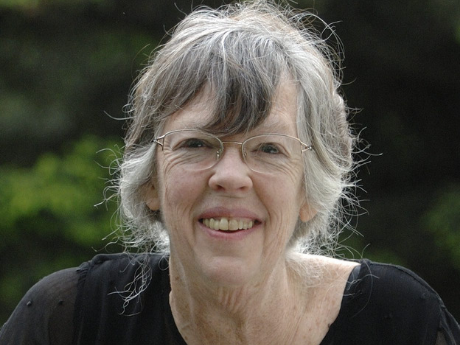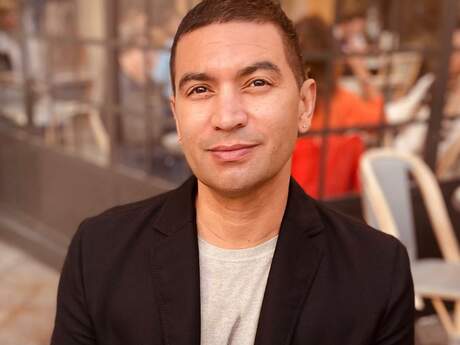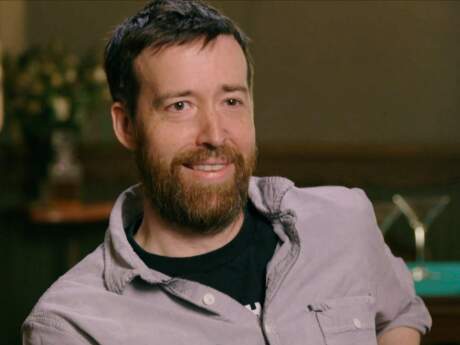Q & A: American Poetry
Q & A American Poetry: Eleanor Wilner

It seems an odd moment in history to try (once again) to classify ourselves in national terms, and especially to put something as various and protean as poetry under that particular focusing lens. Our planet has grown small, and our imaginations have been enlarged by that very constriction, for the cultures of the world are now available to all of us in a way that is unprecedented. If there is any way that we can speak of North American poetry without engaging in a nationalistic endeavor, it is perhaps to say that our poetry is almost emblematic of this new global access to cultures past and present.
Perhaps more than any other aspect of North American culture, poetry eludes attempts at categorization and generalization. While this nation's hererogeneity has, for many reasons, paradoxically produced a rather horribly homogenized, insular and provincial popular culture; our poetry, on the other hand, really does reflect our polyglot and wonderfully mongrel nation, and the worlds that produced it. What is most characteristic about our poetry, then, is that it is unclassifiable. Though there have been (and are) movements, schools, fashions, or groupings of various kinds (imagist, Fugitive, Harlem Renaissance, Black Mountain, Beat, regionalist, nature, confessional, language, neo-formalist, etc.), they are of a place or a moment, and, while leaving their influence in passing, have tended to dissolve back into the highly differentiated, complex organism comprising the individual, the idiosyncratic, the hybrid: in short, what is by definition indefinable.
The permissions granted to poets in America are carte blanche: any and every subject, aesthetic and convention; every style of voice from the spoken colloquial to the privileged literary; every form of prosody, as well as every imaginable deviation from or fracture of it; every class and cultural orientation—all are in use, and often mixed in a single poet's voice. Identity politics notwithstanding, most of our original poets are within themselves a living diversity, a veritable congress of belongings, and thus have their own identifiable but not easily classifiable voices. Nor is there a Big Daddy poet who stands like a colossus over the scene and to whose authority our writers appeal. We are a chorus without a leader, and we pick up our themes and images from every side, and from bristling at and listening to one another. It is this eclectic imaginative miscegenation that makes our poetry so unclassifiable, so inexhaustible, and, happily, so entirely unpredictable.
Published 1999.


